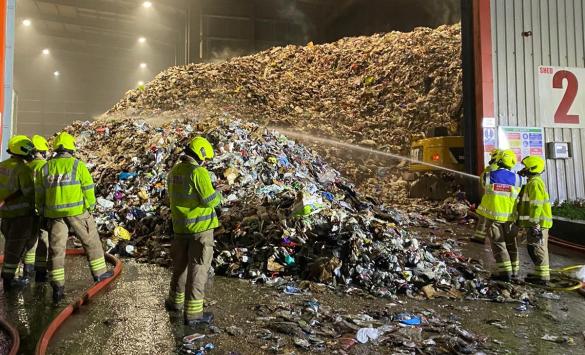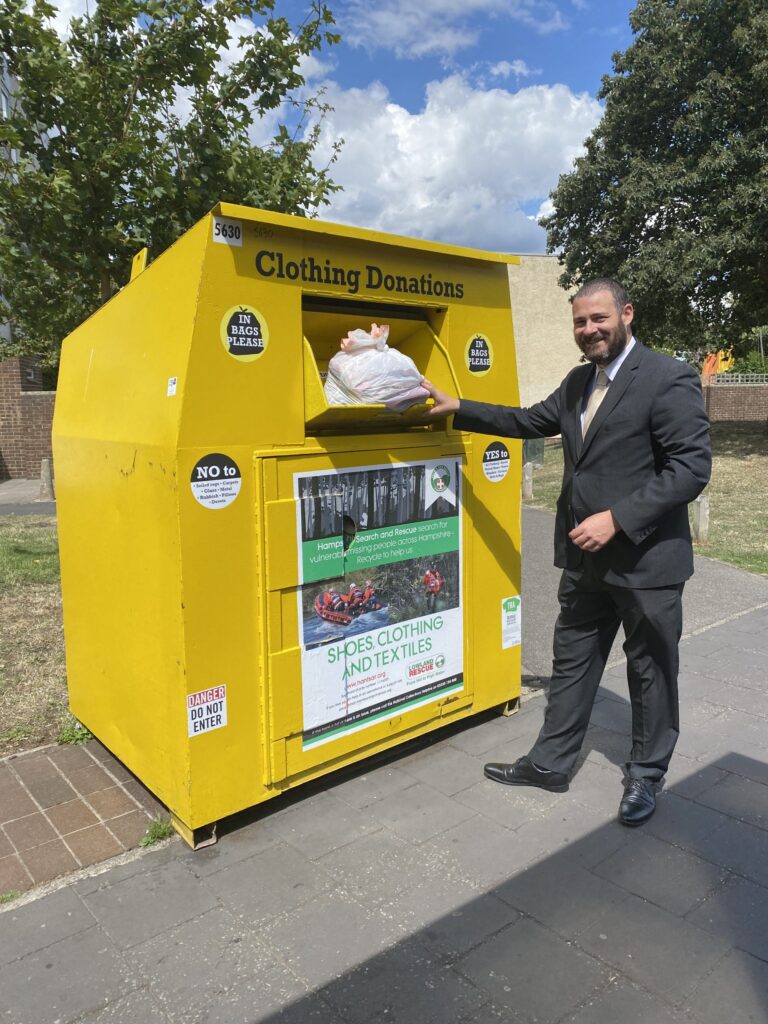The collapse in market prices will undermine recycling into the future unless we reconstruct the incentive to recycle
Peter Bacon, consultant
The study, commissioned in the wake of the materials prices crash by packaging producer responsibility scheme Repak, has called on the Irish Government to invest in recycling infrastructure and develop recycling incentives, such as increasing landfill tax, if prices remain low in the longer term.
Produced by consultancy firm Peter Bacon and Associates, the report said the fall in prices for recovered materials has had a particularly significant effect on the Irish market due to the lack of energy-from-waste facilities in the country and rudimentary recycling processes. According to the report only “collection, segregation and initial processing takes place in Ireland” and “domestic markets for recyclables have not been developed fully”. This means “Irish operators are hardest hit when prices fall and last to recover”.
It also pointed how high prices in recent years had meant Ireland had failed to develop its recycling processes in a more thorough way. The document stated: “Buoyant global markets for raw materials have hidden the fact that the Irish recycling sector engages in little more than segregation with little value added.”
The Bacon study calls on the Irish government to look into the costs and benefits of investing in a stronger recycling infrastructure in order to create a domestic market for materials and aid meeting waste policy objectives.
And, according to the report, the materials price crash has also meant that in Ireland it is no longer economically viable to collect and process material and if the situation continues, recyclable materials could end up not being collected, be sent to landfill or being disposed of in an unregulated way.
The report suggests that, if the situation continues in the longer term, landfill taxes may have to be raised to encourage householders and businesses to continue recycling.
Peter Bacon, who wrote the report, said: “In a sense, we have been living in a somewhat false reality with the high prices that have pertained on waste markets, which have helped drive recycling rates to their current high levels. However, the collapse in market prices will undermine recycling into the future unless we reconstruct the incentive to recycle, particularly with higher landfill charges. There is also a need to develop accessible recycling infrastructure to help withstand future market adjustments.”
The materials crisis has already caused stockpiling in Ireland (see letsrecycle.com story). Mr Bacon's report stresses that this can only be a short-term measure and should be restricted for material, like paper, which can deteriorate over time.
The report estimates that, if prices remain as low as they are now, the crash could cost the waste sector in Ireland between £20 and £39 million over the course of a year in lost revenue. This is likely to be passed back to householders, who pay for their recycling and waste services, and commercial businesses.
Mr Bacon has made a series of long and short term recommendations to help the recycling sector to recover and protect it from further price crashes. These include:
• A programme to ensure paper, which cannot be recycled, goes to waste-to-energy markets
• Revision of the landfill levy to encourage recycling
• Encouraging the Government to establish strategic relationships with larger EU member states to gain access to European recycling facilities
• A quality standard for materials developed
• A streamlining of current compliance model and tighter regulation for self compliance
• A recommendation that producers of recylables should pay for cost or recovery
• A recommendation that the Government invests in waste infrastructure











Subscribe for free